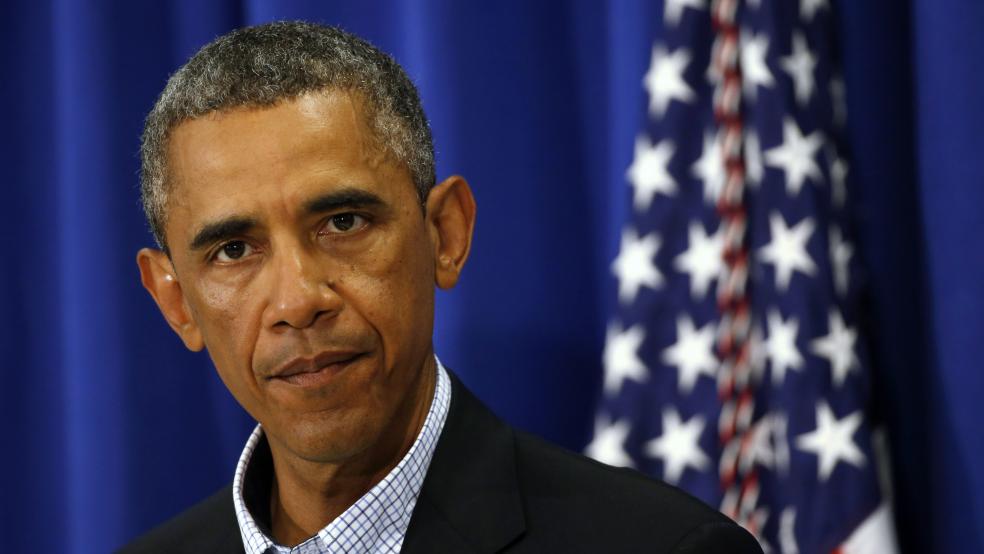The coalition formed by the United States to fight ISIS in Syria and Iraq is unlike any in modern U.S. military history because of the countries involved as well as the countries that are sitting it out.
In the last three major American military campaigns - the first Gulf War, the second Iraq war and the war in Afghanistan - Arab nations, with few exceptions, have been members of a coalition in name only.
Related: The New Terror Group Khorasan Is Plotting a 9/11 Attack
For instance, Saudi Arabian and Qatari troops fought Saddam Hussein’s forces when Hussein tried to invade Saudi Arabia in 1991, but their role after what came to be known as the Battle of Khafji was limited. Arab nations sat out the second Gulf War and provided minimal assistance in Afghanistan.
Also, actions by a broad coalition of Arab nations to confront a regional threat had not occurred in the past. Instead, individual nations either dealt with threats individually or waited for the United States or Europe to take the lead.
The most recent example of this is the airstrikes to oust former Libyan President Muammar Gaddafi. The French led that coalition with the United States and other European allies serving in a supporting role.
This time, things are different. In a victory for President Obama, five Arab nations - Jordan, the United Arab Emirates, Bahrain, Qatar and Saudi Arabia - participated in the airstrikes against Syria conducted Tuesday.
Related: Obama’s ISIS Strategy Will Be His Jimmy Carter Moment
Details are limited on what these countries did, but multiple reports indicate that their planes were in the air flying alongside American jets. According to the Pentagon, 22 airstrikes were conducted.
Prior to the Syria strikes, there were questions about what the commitment from these countries would be. Now, Obama can claim a diplomatic success, as he did Tuesday morning at the White House.
“America is proud to stand shoulder to shoulder with these nations on behalf of our common security,” Obama said. “The strength of this coalition makes clear to the world that this is not just America’s fight alone.”
Obama can also claim that the coordinated actions were effective. Late Tuesday, the Pentagon said that Abu Yousef al-Turki, the leader of the al-Nusra front in Syria, had been killed by the strikes.
Related: Why We Won’t Have Enough Money to Fight ISIS
According to Edward Goldberg, a professor at Baruch College and the New York University Center for Global Affairs, the very formation of the Arab coalition was historic. It’s apparent success is an added benefit.
“It is very important to note that the Obama administration was able to get five majority Sunni nations to participate in the air strikes against ISIS and radical Sunnism,” Goldberg said. “This was a huge statement. No Arab nations had publicly supported or fought with America during the Iraq war.”
Sitting Out
This coalition is also notable for who’s sitting it out. France hasn’t ruled out sending planes to Iraq and Syria, but did not participate in Tuesday’s operation. Germany and other European allies have pledged to send supplies, but are not taking part in the air campaign.
Also sitting on the sidelines is the United Kingdom. Prime Minister David Cameron is set to speak at the UN today, and many are speculating that he would announce that the British would be joining the coalition and participate in the air campaign. Prior to the speech, there were already calls for England to do more.
“Airpower is a major component of this to be sure, especially with the new weapons available to us,” former Prime Minister Tony Blair, who joined with President George W. Bush to push for the second Iraq war, wrote on his foundation’s website. “But — and this is the hard truth — airpower alone will not suffice. [ISIS] can be hemmed in, harried and to a degree contained by airpower. But they can't be defeated by it.”
Top Reads from The Fiscal Times:





